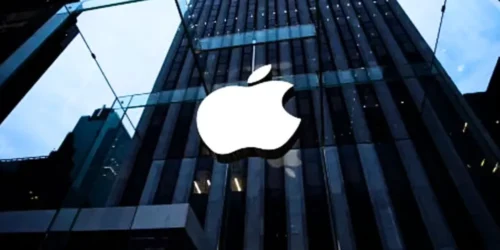We refer to it as our “healthcare system,” but that phrase is a dangerous misnomer. A system implies a degree of rational design, coordination, and a primary goal of achieving a specific outcome—in this case, the health of the population.
What we have worldwide is not a system; it is a sprawling, fragmented, and often predatory marketplace. It is a collection of private insurance companies, hospital conglomerates, and pharmaceutical giants whose primary legal and fiduciary duty is not to public health but to maximize profits for their shareholders. This fundamental conflict of interest is the root cause of our nation’s healthcare crisis.
In this marketplace, patients are not people to be healed; they are revenue streams. This explains why we pay far more for prescription drugs than any other developed nation, not because they cost more to produce, but because our system allows for price gouging.
It explains the absurdity of “surprise billing,” where patients are unexpectedly charged thousands of dollars for receiving care from an out-of-network provider without their knowledge. It explains why insurance companies employ armies of people whose sole job is to deny claims and delay care.
This profit-centric model creates perverse incentives at every level, rewarding volume of procedures over quality of outcomes and creating a massive, wasteful administrative burden.
To fix this, we must have the courage to declare that healthcare is not a commodity to be bought and sold. It is a fundamental human right. This requires a shift toward a model that prioritizes health outcomes over profits, whether through a single-payer system, a robust public option, or aggressive regulation of the private market.













